Small Business Matters is written and managed by the Experian Small Business team. Subscribe for business credit education, expert advice, and helpful articles to build a strong knowledge of business credit so you can scale and grow your business.
Business Credit Reports & Scores

Your business has a credit score too and it can be pivotal to your success. Learn more about building strong business credit.
Read moreCustomer Testimonials

Hear what Experian small business customers have to say about our credit report subscriptions; and the difference it makes.
View TestimonialsNews & Research

Stay ahead of the curve by being informed about industry trends and policies that impact small businesses.
Read moreThe latest from our experts
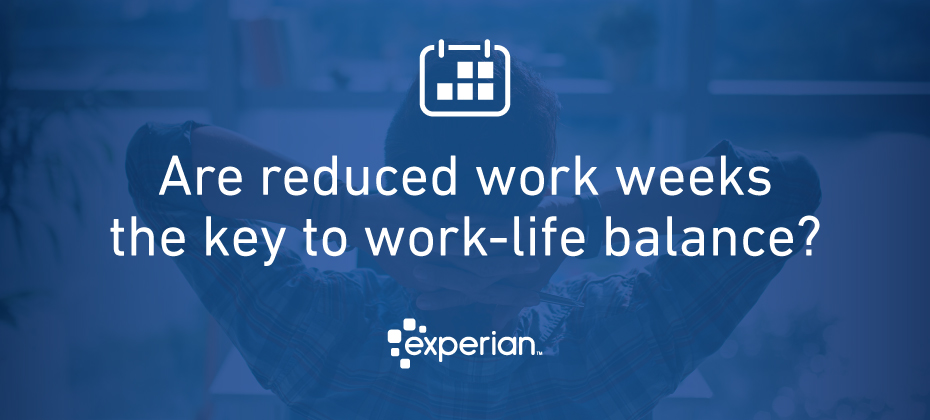
To entice more applicants, should companies embrace the “work-life balance” concept with reduced work weeks? We explore this growing trend in business.
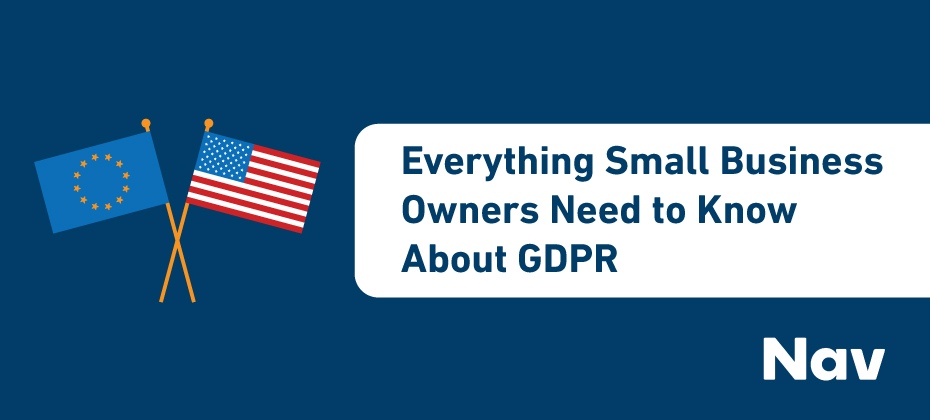
GDPR regulations impact all organizations that process or hold EU customer data. Here’s what U.S. businesses need to know about how to comply.
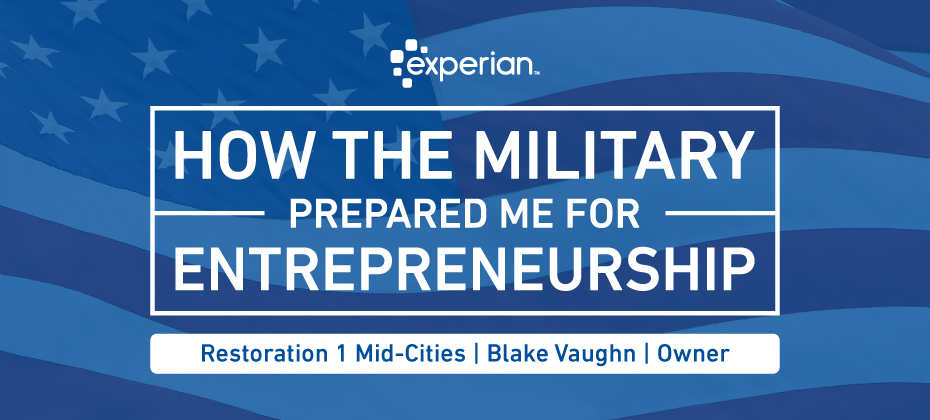
Veteran entrepreneuer Blake Vaughn’s father was involved in a deadly bar fight. He was given the choice to go to prison or join the Army.
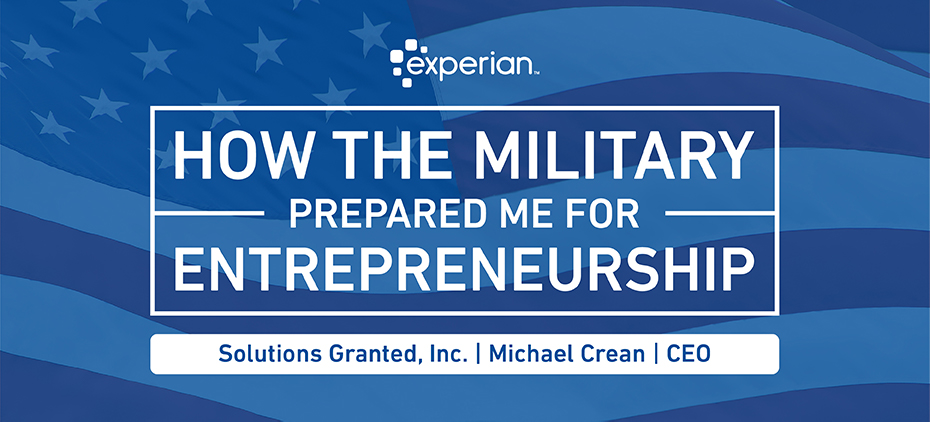
Small-business entrepreneur and army veteran, Michael Crean’s transition from the military to small business was driven by a desire to be with his family.
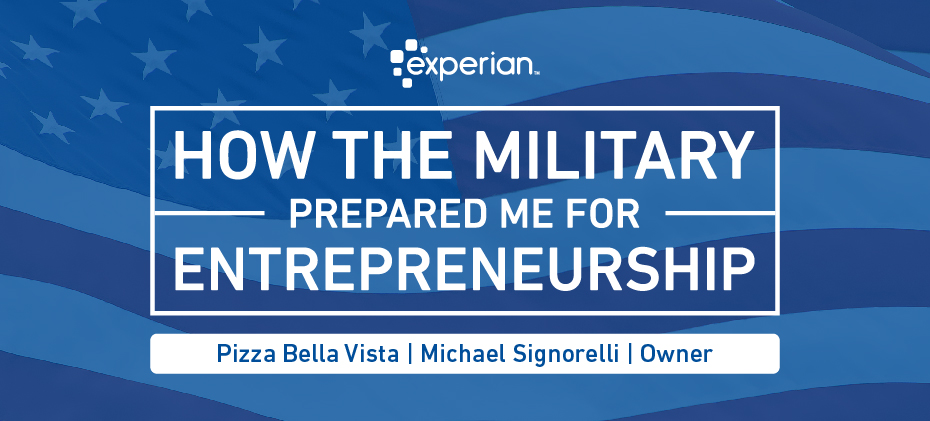
Michael Signorelli found inspiration for his small business, Pizzeria Bella Vista while deployed by the Navy to Naples, Italy.
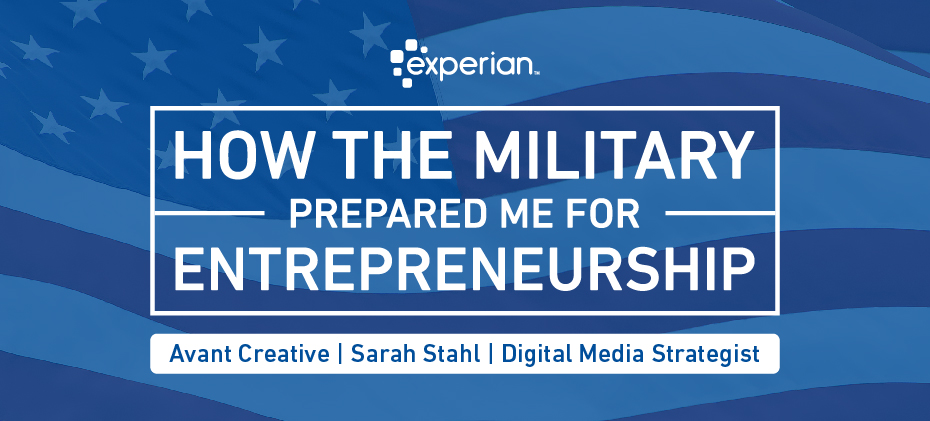
Business owner Sarah Stahl began creating and selling wedding invitations on Etsy and now runs Avant Creative, LLC, a digital marketing services company.

In this post, Experian takes a closer look at specific challenges women business owners face gaining access to capital for their business.

With the Tax Cuts and Jobs Act of 2017 making dramatic changes in new tax law, business owners should be asking themselves how to plan for the future.

According to a new report women entrepreneurs still face significant obstacles starting and running a small business.



